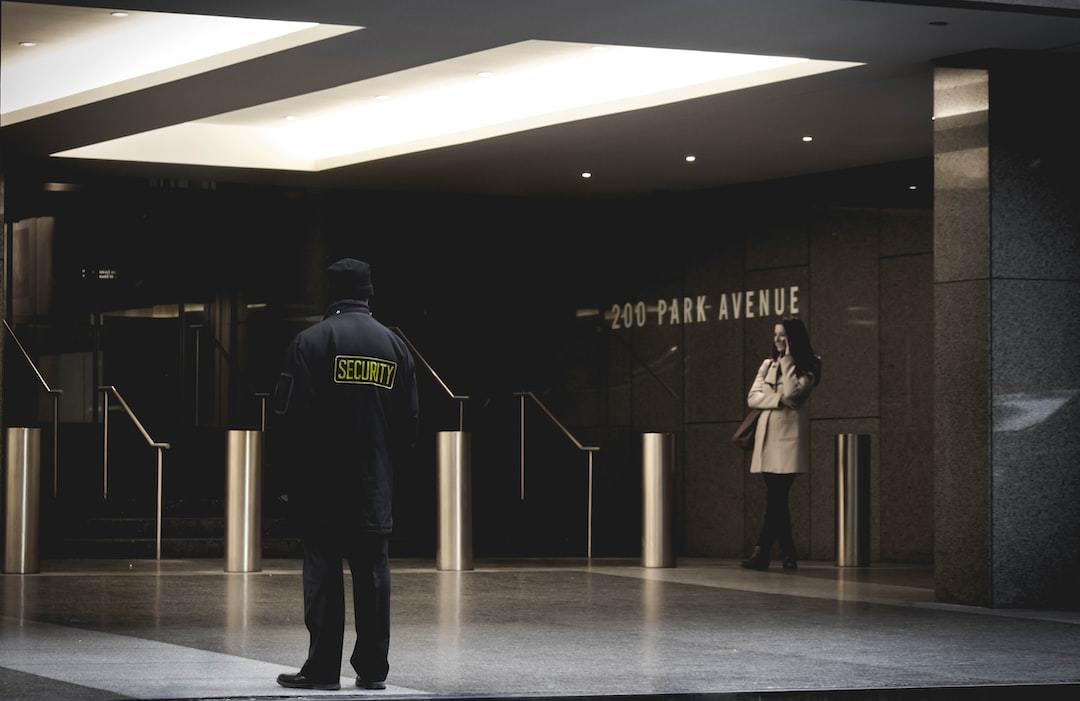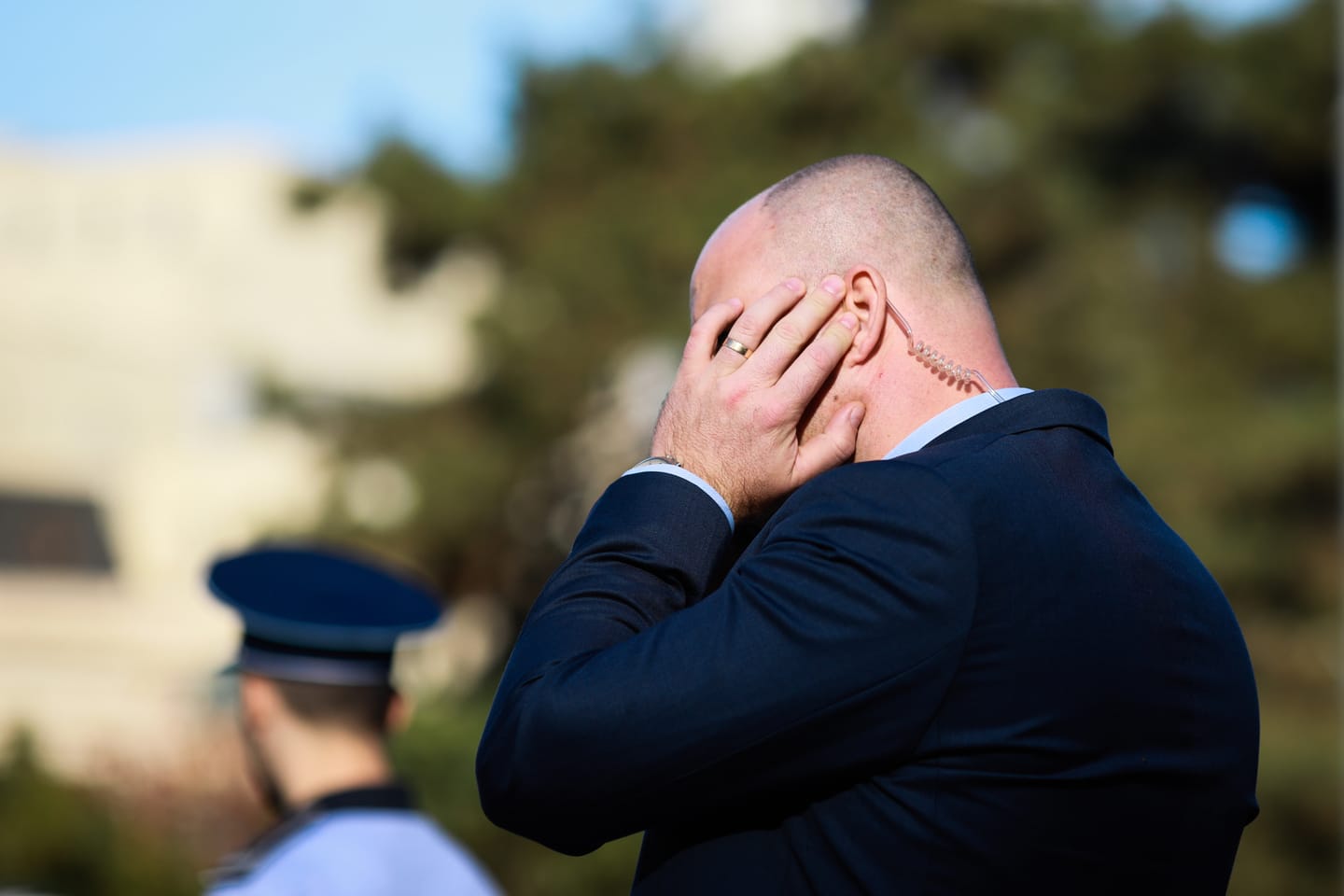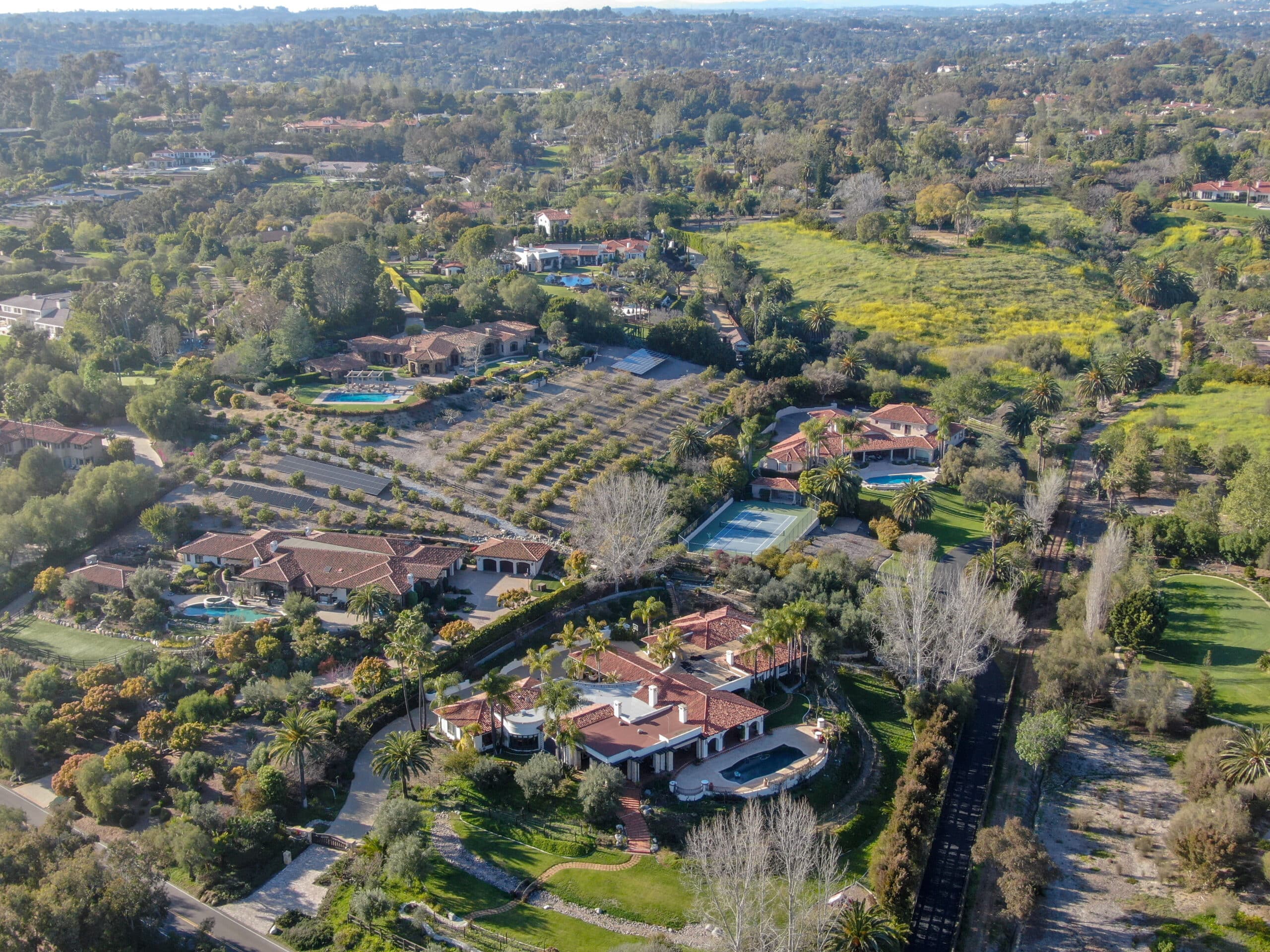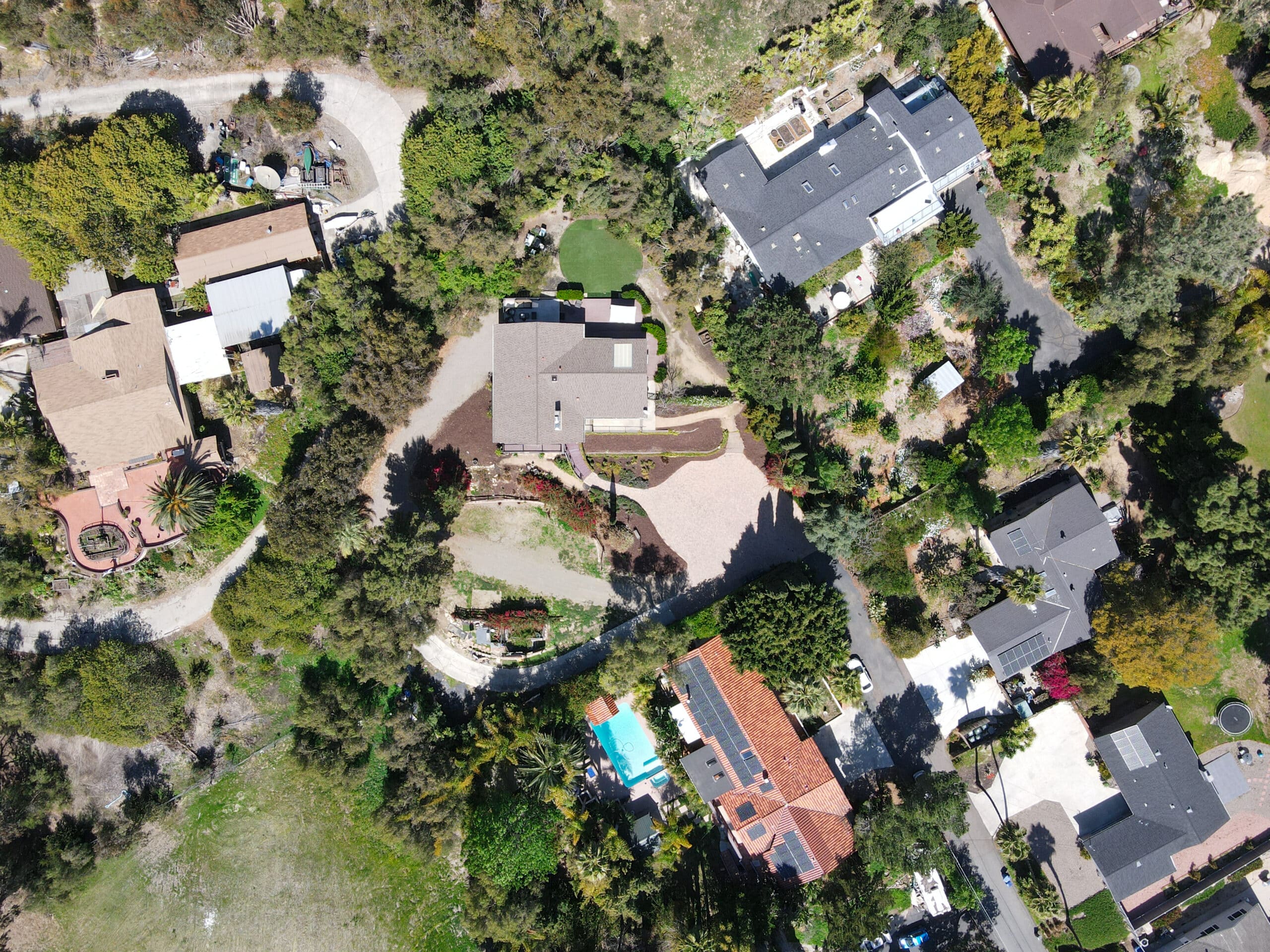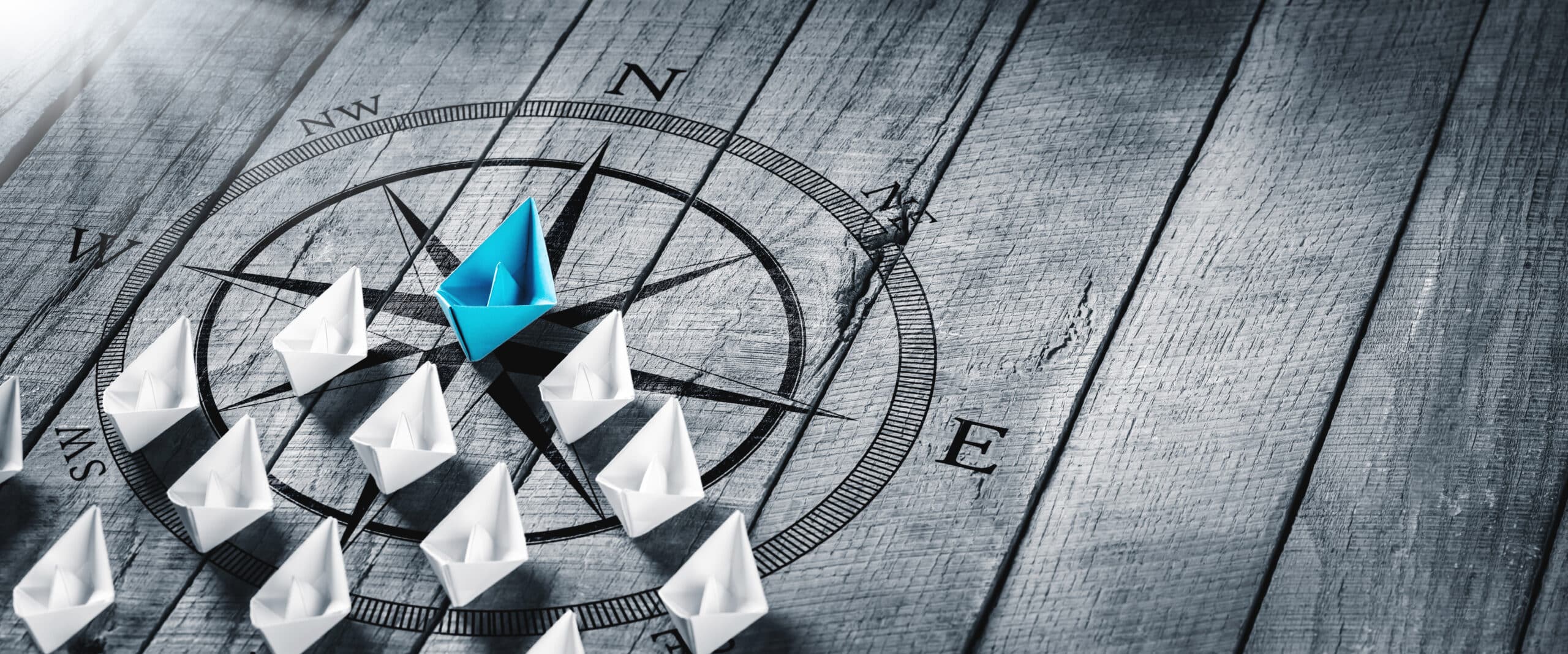Estimated reading time: 10 minutes
Different types of bodyguards, from those guarding celebrities to those ensuring corporate executive safety, exhibit a range of specialized skills and training. They are not just about physical presence but also about strategic thinking, bravery, and exceptional patience.
Delving into this realm, we explore the multifaceted nature of bodyguard security services, revealing how they adapt to various environments and threats.
Their roles extend beyond physical protection, involving crisis management and threat assessment. Through real-world examples, we’ll see how these vigilant protectors play a crucial role in ensuring safety, showcasing the dynamic and indispensable nature of different types of bodyguards in our modern world.
Table Of Contents:
- The Evolution of the Security Guard Profession
- The Training and Skills Required for Different Types of Bodyguards
- Understanding the Different Types of Bodyguards
- Legal Aspects Related to Bodyguarding
- How to Choose the Right Type of Bodyguard
- Real-life Examples of Different Types of Bodyguards in Action
- The Challenges Faced by Different Types of Bodyguards
- The Future of Bodyguarding
- FAQs about Different Types of Bodyguards
- Conclusion
The Evolution of the Security Guard Profession
Bodyguards have existed since antiquity, with their roots stretching back to ancient Rome when they were employed to safeguard essential figures. Back then, a bodyguard’s role was primarily physical, and their skills were honed in combat.
As societies evolved and security needs changed, so did the nature of bodyguarding and the security business. In medieval times, knights often acted as personal guards for nobility. They needed not only strength but also strategic thinking abilities to counter threats.
In modern times, though, being a private security guard means more than just muscle power or prowess with weapons; it involves a complex blend of skills ranging from risk assessment and threat analysis to advanced driving techniques and first aid knowledge. GRS, a leading private security firm, has revolutionized this field by offering tailored solutions catering to individual client requirements.
The Training and Skills Required for Different Types of Bodyguards
Gaining proficiency as a bodyguard is no simple task. Beyond physical fitness and the ability to fight, a bodyguard must possess skills in risk evaluation, dispute resolution, and emergency management. A well-rounded bodyguard or security agent needs skills in areas like risk assessment, conflict resolution, and emergency response.
According to Security Degree Hub, it’s common for protection officers such as armed guards to undergo rigorous training in martial arts, weapons handling, surveillance techniques, and even defensive driving. But the physical aspect is only one part of the puzzle.
Soft skills such as communication are equally important because they allow security agents to de-escalate situations before they turn violent. The ability to anticipate potential threats, based on understanding human behavior patterns can be invaluable too.
Beyond these basics, specialized types of bodyguards may need additional qualifications – from cybersecurity expertise for those protecting high-profile tech executives, right to language proficiency if their principal travels internationally often.
Understanding the Different Types of Bodyguards
The realm of personal security service is vast, with security guard roles tailored to specific needs. Let’s shed some light on private security guard options.
Personal Protection Officers (PPOs)
Often assigned to high-profile individuals like celebrities, politicians, or business executives, PPOs are experts in risk assessment and crisis management. They typically have backgrounds in law enforcement or military service, enabling them to handle a wide range of security situations with discretion and professionalism.
Close Protection Officers (CPOs)
These armed security guards are responsible for safeguarding VIP clients who may face heightened risk due to their public profile, wealth, or location. CPOs are highly trained in advanced skills such as defensive driving, emergency first aid, and conflict de-escalation, ensuring comprehensive protection in various scenarios.
Residential Security Teams (RSTs)
Specializing in home security, RST members utilize video surveillance technology and conduct physical patrols to protect residences from intruders. In-house security agents’ presence is crucial for maintaining the safety and privacy of homes, especially for clients in high-risk areas or with significant assets.
Event Security Guards
Focused on managing security at public events, these bodyguards are skilled in crowd control, emergency response, and coordination with local law enforcement. They ensure the safety of attendees, performers, and staff at events ranging from concerts to corporate gatherings.
Corporate Security Officers
These professionals are integral to protecting business environments. They manage access control, monitor surveillance systems, and implement security protocols to safeguard corporate assets and personnel.
Diplomatic Security Agents
Specialized in protecting diplomats and foreign dignitaries, these agents are trained in international protocol, threat assessment, and emergency evacuation procedures. They play a critical role in ensuring the safety of these individuals during international travel and diplomatic engagements.
Each type of bodyguard brings a unique set of skills and expertise, highlighting the broad spectrum of roles within the field of personal security. From individual protection to large-scale event security, these professionals are essential in maintaining safety and peace of mind in various environments.
Legal Aspects Related to Bodyguarding
Bodyguards and security agents, like any other professionals, are bound by legal guidelines. These laws vary from one jurisdiction to another but they’re crucial in defining what bodyguards can and cannot do while performing their duties.
A key aspect of these laws is the use of force. Bodyguards must be sure that the force they use is in accordance with local laws. For example, in some states within the U.S., a ‘stand your ground’ law allows for lethal force if necessary. (National Conference of State Legislatures)
Another important consideration is the licensing requirements for different types of bodyguards. Some jurisdictions require specific training or certification before you can work as a security professional or armed guard.
- The type and extent of permitted weaponry also fall under legal aspects.
- Data protection and privacy issues are more critical now than ever before because confidential client information must be safeguarded effectively.
To sum up, it’s vital for anyone interested in becoming a bodyguard or hiring security services to understand these various legal considerations thoroughly. This knowledge not only helps prevent potential legal troubles but also contributes significantly towards effective performance on duty.
How to Choose the Right Type of Bodyguard
Finding the ideal bodyguard is akin to selecting a pair of shoes – you must select one that fits your requirements. It’s not about getting the biggest, toughest-looking guy out there.
“Need someone who can fit in at fancy occasions?” Maybe you’re more worried about having a bodyguard skilled in hazardous conditions.
To help make this decision easier for you, here are some key points to consider:
- Your lifestyle: If you attend public events frequently or travel often, look for professionals or a trusted private security agency experienced in these areas.
- The nature of potential threats: Is it physical violence? Stalking? Understanding what risks you face helps identify the skill set needed.
- Your personal preference: You’ll be spending quite a bit of time together so compatibility matters.
Remember: This isn’t just about hiring muscle. You want someone skilled and experienced who can protect both your privacy and safety.
Real-life Examples of Different Types of Bodyguards in Action
We’ve all seen them in the movies, yet bodyguards are an essential part of life too. They protect high-profile individuals from potential threats and dangers. Let’s look at some instances where different types of bodyguards have shown their mettle.
The Personal Protection Officer: When we think about security guards, the first image that comes to mind is often someone like Kevin Costner’s character from “The Bodyguard.” These professionals are always close to their clients, ready to shield them from any harm. One example was when rapper 50 Cent’s armed guard drew his gun to fend off an aggressive individual during a jewelry shopping trip.
The Residential Security Team: This team safeguards residences against intruders or attacks. A notable instance involved Angelina Jolie and Brad Pitt’s residential security team who successfully prevented several trespassing attempts on their property.
No matter what type they are, each bodyguard plays an essential part in ensuring safety for those they’re assigned to protect because danger can lurk anywhere.
The Challenges Faced by Different Types of Bodyguards
Every type of bodyguard faces unique challenges. Personal protection agents and armed security agents must be prepared to face dangerous situations and react quickly in order to protect their client. They have to stay alert at all times and be ready to react instantly.
Meanwhile, residential security teams must secure vast properties against a wide range of potential threats. This can mean long hours spent on surveillance and extensive knowledge about various security systems is necessary.
Research shows that this line of work can lead to high levels of stress due to the inherent risks involved. It’s not only about having brawn; mental fortitude is just as essential.
Celebrity security guards face another set of difficulties altogether – they’re dealing with public scrutiny as well as potential danger from obsessive fans or paparazzi. The job requires diplomatic skills alongside traditional protective measures because these bodyguards are often seen as representatives for their clients when out in public.
The Future of Bodyguarding
As technology advances, so does the world of bodyguarding. AI and drones are making their mark in this field. For instance, AI is revolutionizing the security industry, allowing for more effective threat detection.
Drones too, are becoming useful tools to survey large areas quickly and efficiently. They give an aerial perspective that was previously difficult to get.
But tech isn’t everything. Societal norms around personal safety are also changing rapidly. Today’s high-net-worth individuals aren’t just looking for a big guy with muscles; they want professionals who can blend into any situation seamlessly while keeping them safe.
In response to these changes, Global Risk Solutions, one of the leading security agencies in the US, offers comprehensive training programs designed not only on physical skills but also emphasizing situational awareness and communication abilities. This ensures our security guards stay at the top of their game in this ever-evolving landscape.
FAQs in Relation to Different Types of Bodyguards
What are the types of security guards?
There are several types, including personal bodyguards, mobile guards, unarmed security guards, private security officers, patrol guards, armed guards, residential contract security guards, government contract security guards, and corporate security personnel. Each specializes in a unique area.
What are the 4 types of responsibilities of private security?
The key duties involve risk assessment, access control, surveillance monitoring, and emergency response. Their roles aim to safeguard people and property from potential threats.
What is the highest level of security guard?
A Personal Protection Specialist or Executive Protection Agent holds one of the highest levels in this field because they protect VIPs and high-profile individuals from harm.
What do bodyguards prefer to be called?
In professional settings, they’re often referred to as “Close Protection Agents” or “Executive Protection Agents”, which more accurately describe their protective role.
Conclusion
Bodyguards are more than just imposing figures in sunglasses. They’re brave, patient and strategic thinkers.
The different types of bodyguards each possess their own specialized abilities, honed through intensive preparation. They all share a common goal: to protect you.
We’ve journeyed through the history and evolution of these unsung heroes. We’ve unpacked the legalities that govern their profession and explored some real-life examples where they truly shone.
Picking the correct kind for your necessities is vital, yet furnished with this data, it’s a task made simpler.
In essence, bodyguarding isn’t going anywhere soon; its future looks bright as societal norms change and technological advances continue to shape this fascinating profession.

